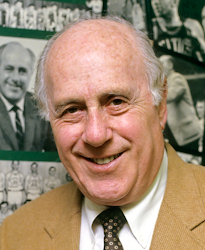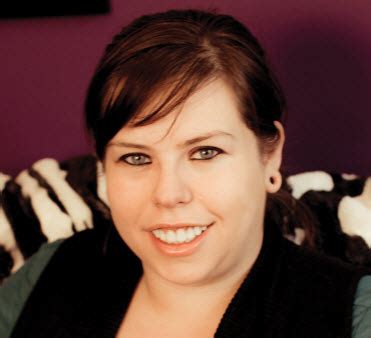A Quote by V. S. Pritchett
One recalls how much the creative impulse of the best-sellers depends upon self-pity. It is an emotion of great dramatic potential.
Related Quotes
Certainly, we all have within us the potential to live in a hugely different way. And how happy you can make yourself, I think, a lot depends on how much you beat yourself up about that; and how much you can, in some sort of providential way, console yourself and say, 'Well, it's all worked out for the best, in the best of all possible worlds.'
How many slams in an old screen door?
Depends how loud you shut it.
How many slices in a bread?
Depends how thin you cut it.
How much good inside a day?
Depends how good you live 'em.
How much love inside a friend?
Depends how much you give 'em.”
? How Many, How Much by Shel Silverstein
“Tell the truth, or someone will tell it for you.
At some point you have to own up to how
great you are, how beautiful you are, to how much inner dignity and
potential you have. Drop complaining about what other people didn’t give
you or do for you, or how they mistreated you. Take repossession of
your Self and you will rise to a level of greatness that has been yours
all along.






































